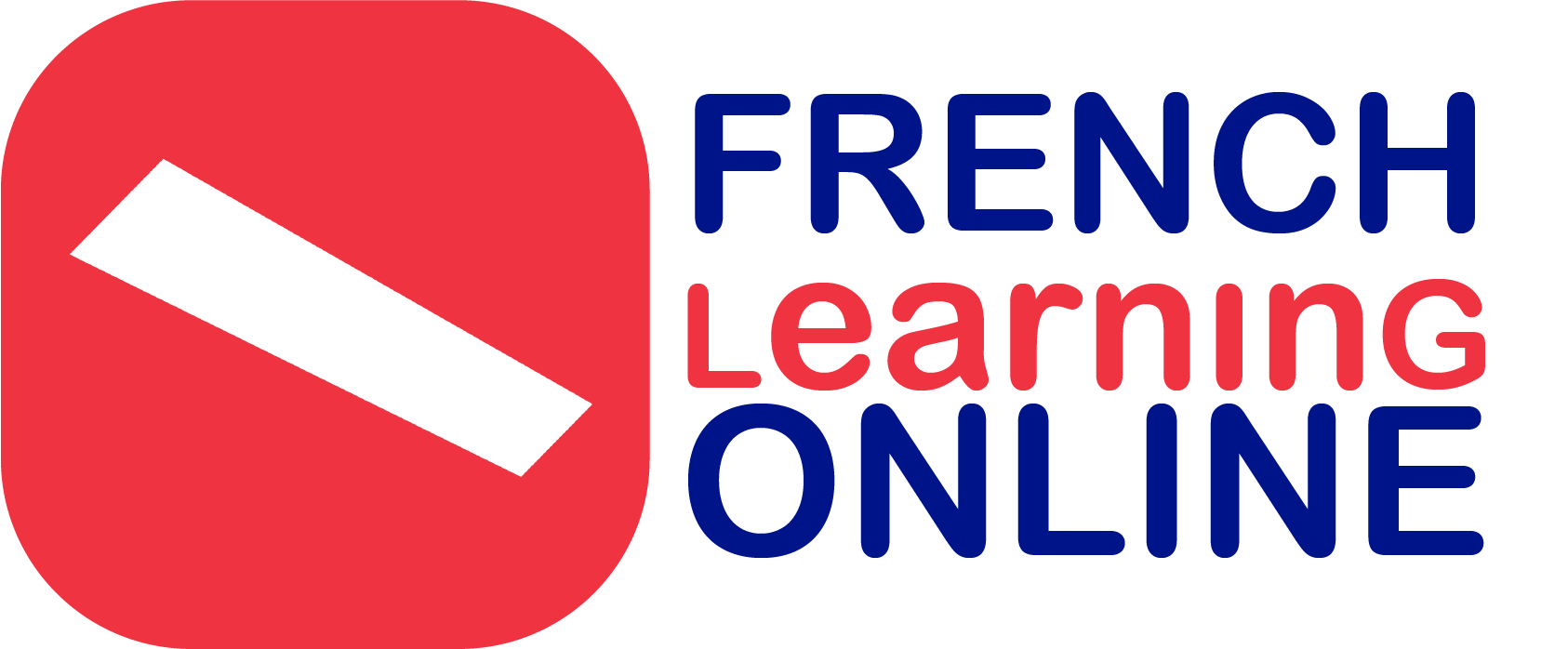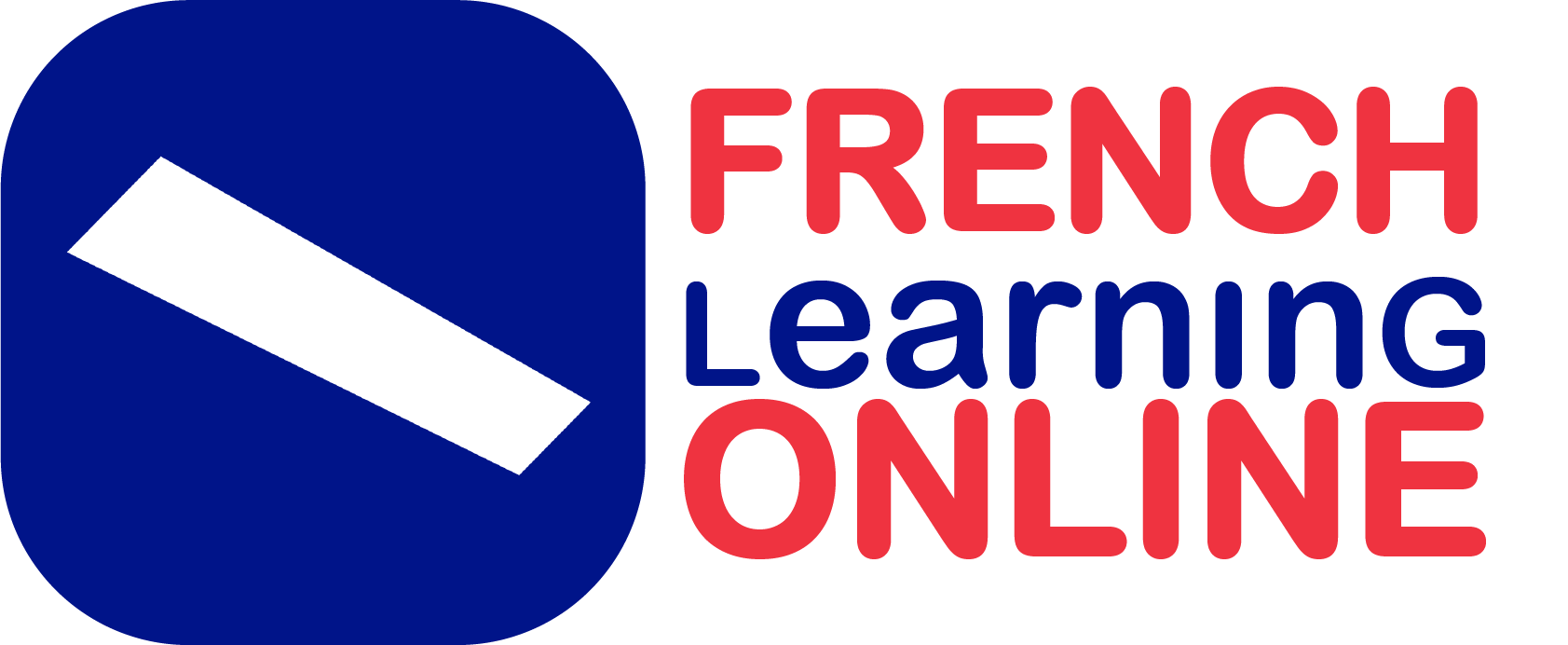French pronouns are an essential component of the French language. They are used to replace nouns and can significantly enhance the flow of a sentence. Pronouns come in different forms, and they can be confusing to understand for learners who are just starting. In this article, we will take a closer look at Pronouns, their types, and how they can be used in everyday communication.
What Are French Pronouns?
Pronouns are words that replace nouns in a sentence. They are used to avoid repetition and make communication more efficient. In French, pronouns come in different forms, including personal pronouns, demonstrative pronouns, relative pronouns, indefinite pronouns, and interrogative pronouns.
Personal Pronouns
Personal pronouns refer to people or things. In French, personal pronouns have different forms depending on whether they are subject pronouns or object pronouns. Subject pronouns are used when the pronoun is the subject of the sentence. Object pronouns are used when the pronoun is the object of the sentence.
Subject Pronouns:
Je – I Tu – You (singular informal) Il – He Elle – She On – One/We (informal) Nous – We (formal) Vous – You (plural/formal) Ils – They (masculine/mixed group) Elles – They (feminine group)
Object Pronouns:
Me/Moi – Me Te/Toi – You (singular informal) Le – Him/It (masculine) La – Her/It (feminine) Nous – Us Vous – You (plural/formal) Les – Them (masculine/feminine)
Demonstrative Pronouns
Demonstrative pronouns are used to point out a specific noun. They can also be used to replace a noun. There are four demonstrative pronouns in French: ce, cet, cette, and ces. Ce is used for singular masculine nouns, cet is used for singular masculine nouns that start with a vowel or a silent H, cette is used for singular feminine nouns, and ces is used for plural nouns.
Relative Pronouns
Relative pronouns are used to link two ideas or clauses together. They are commonly used in complex sentences. In French, there are three relative pronouns: qui, que, and dont. Qui is used for subjects, que is used for direct objects, and dont is used for indirect objects.
Indefinite French Pronouns
Indefinite pronouns are used to refer to a person, thing, or idea in a non-specific way. There are several indefinite pronouns, including quelque chose (something), quelqu’un (someone), personne (no one), quelque part (somewhere), and n’importe quoi (anything).
Interrogative Pronouns
Interrogative pronouns are used to ask questions. In French, there are five interrogative pronouns: qui (who), que (what), où (where), quand (when), and comment (how).
How to Use Pronouns
Now that we’ve covered the different types of French pronouns, let’s take a look at how they can be used in everyday French communication.
Personal French Pronouns
Personal pronouns are used in French to avoid repetition and make communication more efficient. For example, instead of saying “Marc est allé au supermarché. Marc a acheté du pain et Marc a acheté du lait”, you can use personal pronouns to say “Marc est allé au supermarché. Il a acheté du pain et du lait.”
Demonstrative Pronouns
Demonstrative pronouns are used to point out a specific noun. For example, if you want to say “this book” in French, you can use “ce livre” or “cette livre” depending on the gender of the noun.
Relative Pronouns
Relative pronouns are used to link two ideas or clauses together. For example, instead of saying “Le livre est intéressant. J’ai acheté le livre hier”, you can use a relative pronoun to say “Le livre que j’ai acheté hier est intéressant.”
Indefinite Pronouns
Indefinite pronouns are used to refer to a person, thing, or idea in a non-specific way. For example, if you want to say “Someone called me yesterday”, you can use the indefinite pronoun “quelqu’un” to say “Quelqu’un m’a appelé hier.”
Interrogative French Pronouns
Interrogative pronouns are used to ask questions. For example, if you want to ask “Who is coming to the party?”, you can use the interrogative pronoun “qui” to say “Qui vient à la fête?”
Tips for Using French Pronouns
Using pronouns correctly can be challenging, especially for beginners. Here are some tips that can help you improve your use of pronouns:
- Pay attention to gender and number: In French, pronouns change depending on the gender and number of the noun they are replacing. Make sure you use the correct form of the pronoun to avoid confusion.
- Learn the different types of pronouns: French has different types of pronouns, including personal, demonstrative, relative, indefinite, and interrogative pronouns. Make sure you understand the differences between these pronouns and how they are used.
- Practice, practice, practice: The best way to improve your use of pronouns is to practice using them in real-life situations. Try to incorporate pronouns into your everyday conversations with native speakers.
Conclusion
French pronouns are an essential component of the French language. They are used to replace nouns and make communication more efficient. French has different types of pronouns, including personal, demonstrative, relative, indefinite, and interrogative pronouns. Using pronouns correctly can be challenging, but with practice and attention to detail, you can improve your use of them and communicate more effectively in French. Remember to pay attention to gender and number, learn the different types of pronouns, and practice using them in real-life situations.





